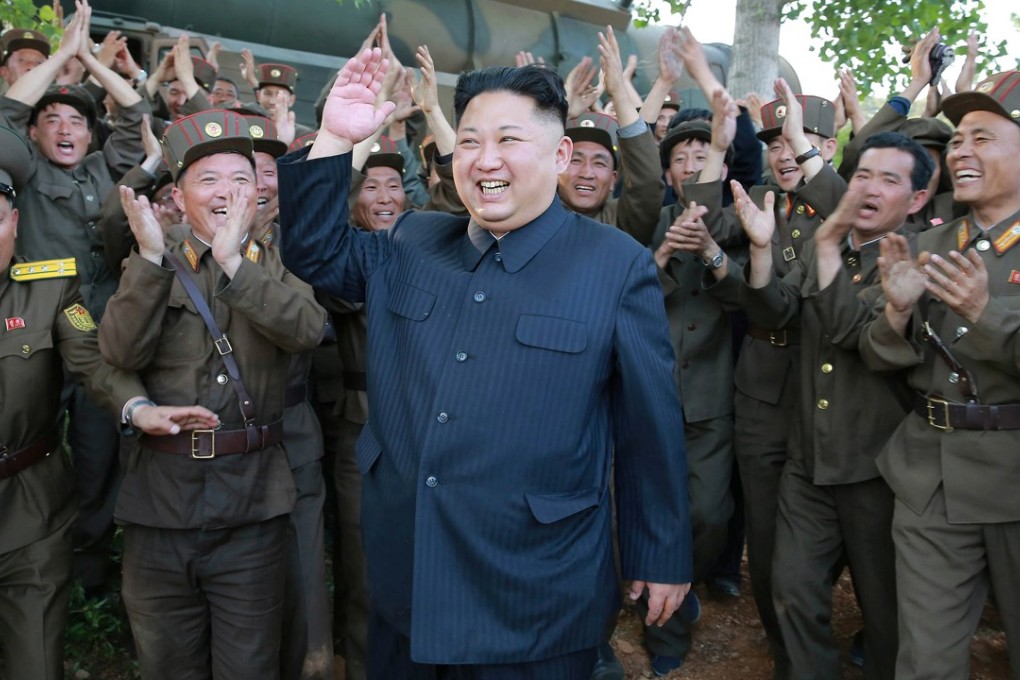Crippled by sanctions, North Korea may not last a year, defector says
‘Desperate’ need to force diplomatic opening with US driving North Korea’s provocative behaviour, defector Ri Jong-ho says

A former North Korean government official who defected to the US says North Korea is struggling against tough sanctions – and doubts the hermit state can last a year.
“The sanctions that the White House has imposed on North Korea are of a historic level,” said Ri Jong-ho, who ran the international network of North Korean businesses that funnels hard currency to Pyongyang before leaving North Korea for the US last year.
“Never before has the country faced such tough sanctions. I don’t know if North Korea will survive a year with these sanctions. People will die.”
North Korea’s provocative behaviour is a result of Pyongyang’s “desperate” need to force a diplomatic opening with the US, Ri told an Asia Society event in New York, adding that one of the government’s priorities is to sever Washington’s ties with South Korea.
“Right now the leadership of North Korea have deployed missiles aimed at the US and are doing these provocations, but they desperately want relations with the US,” he said.
“The North Korean leader wants to stay in power for a long time. He believes he must have friendly relations with the US to do that. They didn’t want South Korea involved in the talks.